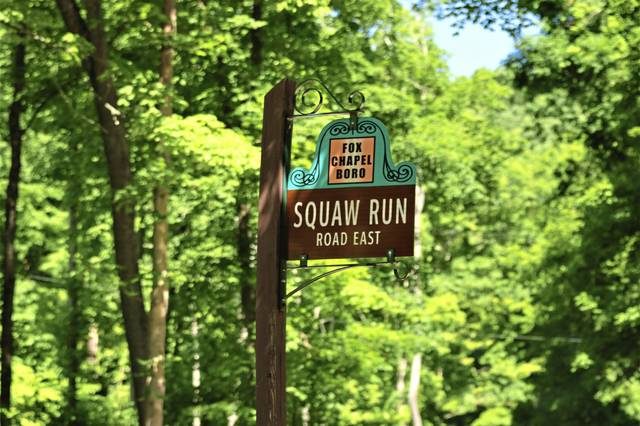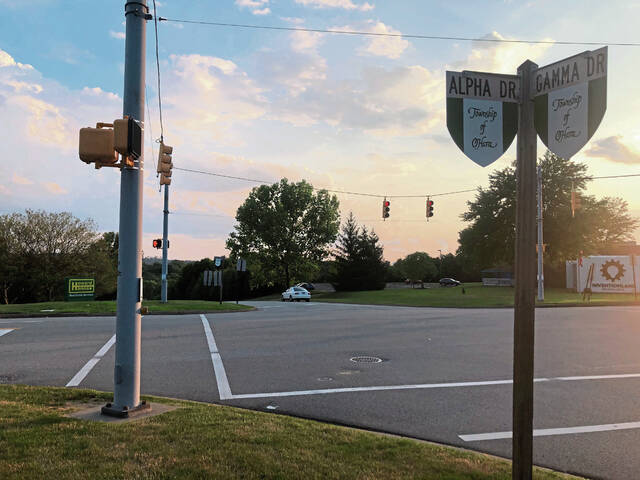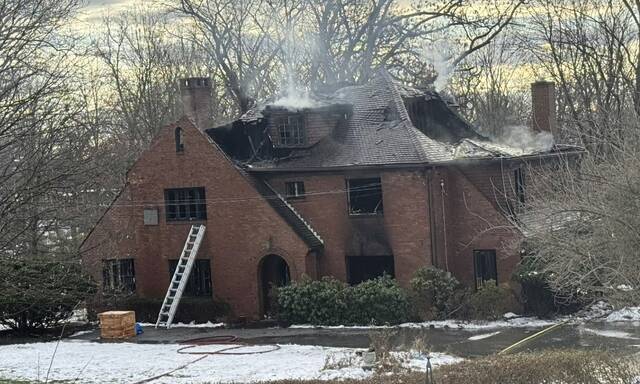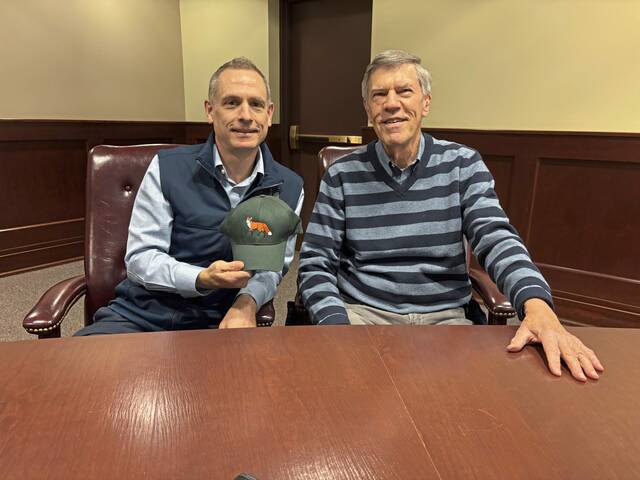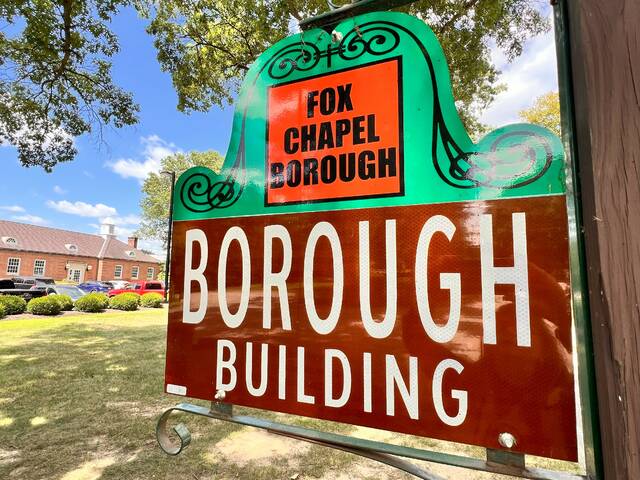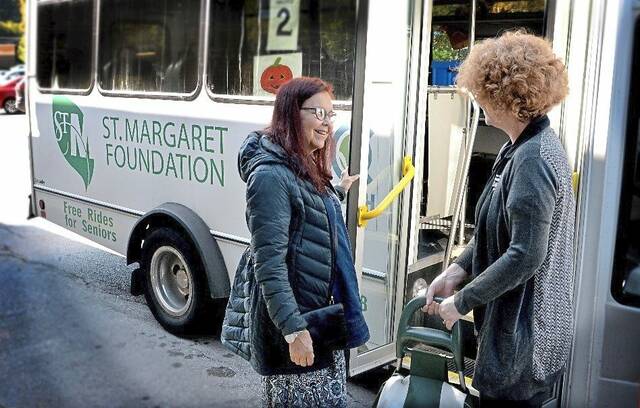On July 1, the Tribune-Review first reported an objection for the use of the word “squaw” in naming roads and parks in Fox Chapel and O’Hara. These names have existed for nearly a century and were given to identify geography and their place on a map.
This follows a misguided trend of revisionist history that has removed historical statues throughout the country.
Fox Chapel Borough resident Michele Leonard’s plight of embarrassment: She lives on Squaw Run Road and she is Native American.
She claims the word “squaw” is a slur against Native American women. She said, “Most of my life has been about adjusting to the area I’m forced to live in.” To avoid embarrassment of the street name, she insists she only uses a post office box for her mail, requiring daily trips to the Blawnox post office.
Until relatively recently, the word squaw was used neutrally in anthropological and other contexts to mean a North American Indian woman or wife. It was not a slur. Its origin came from the mid-17th century, from Narragansett squaws or “women” with related forms in many Algonquian dialects.
Ms. Leonard’s assertion that she has been forced to live here is poppycock. This is America, and she is free to move at any time but chose to raise her children in the desirable Fox Chapel Area schools.
.
Ms. Leonard’s claims were the catalyst to Fox Chapel Council creating a task force to consider the impact of name changes. As to not offend a single soul, should they identify geography with numeric names of First, Second and Third for the roads, streets, avenues and parks?
The name changes would incur legal costs, changes to maps, deeds, licenses, checking accounts, Social Security checks, bills, voting and mailing lists and road signage.
As the Trib reported on Oct. 26, Fox Chapel will host private meeting on Nov. 16 with some residents “to hear input on ‘Squaw’ ” and a written survey is being sent to the same residents in “an effort to gather as much information as possible.” These efforts are just smoke and mirrors.
Task force member Kathleen Guinn suggested there be a way to protect the identity of people who speak during the upcoming meeting. Public comments relinquish anonymity. “Private meetings” raise issue to transparency that violates the state Sunshine Act.
Their process is fundamentally flawed and must recognize we must learn and live with history, statues and names.
Gary J. English
Murrysville


